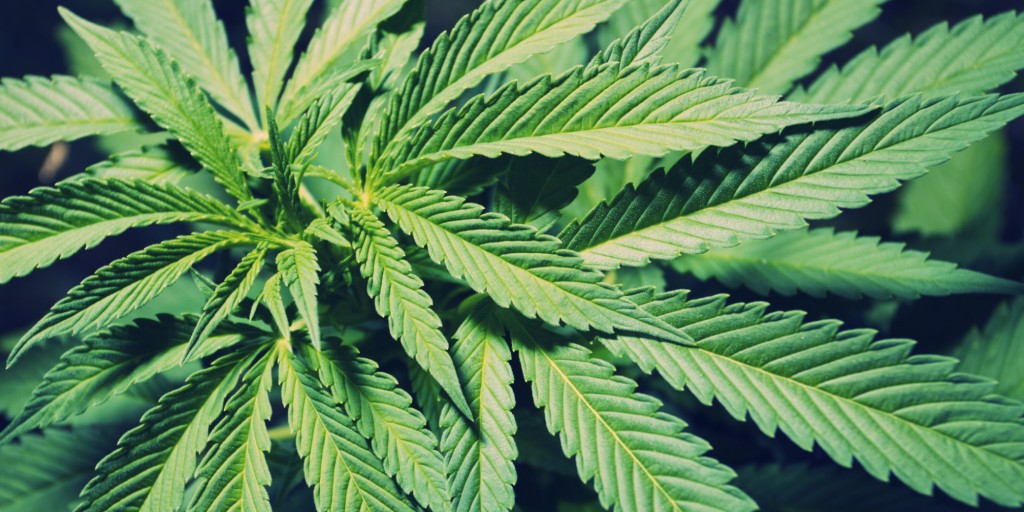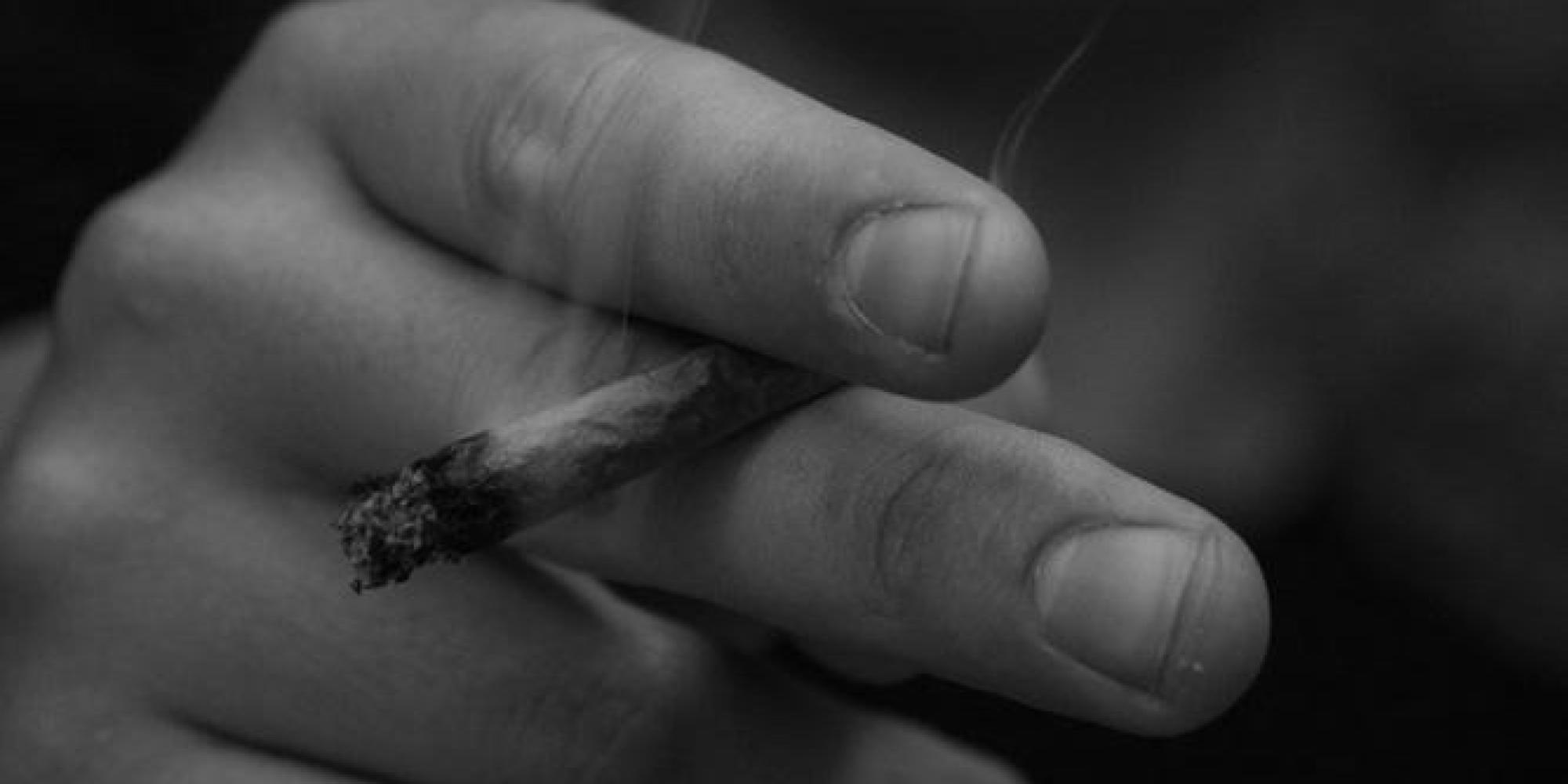by Patrick Alan
Marijuana is known for it’s calming effects that can often lead to drowsiness, but despite its popularity, there’s not as much research on its relationship with sleep. Still, there’s enough to draw a few conclusions.
For starters, Verma explains that marijuana also messes with your REM sleep. Unlike alcohol, however, marijuana doesn’t cause REM fragmentation; it just reduces the amount of REM sleep you get. According to a study published in Sleep Medicine Reviews, smoked marijuana and orally ingested tetrahydrocannabinol (or THC, the active ingredient in marijuana) reduced REM sleep across the board. That means the more you consume, the less likely you are to dream. The first couple times you partake you might still be able to dream, but over time researchers believe that habitual ingestion will suppress your REM sleep significantly. And, according to the study, once you stop your sleep is likely to suffer:
Difficulty sleeping and strange dreams are among the most consistently reported symptoms of acute and subacute cannabis withdrawal. Longer sleep onset latency, reduced slow wave sleep and a REM rebound can be observed.
Essentially, as Verma clarifies, marijuana can shorten the time it takes to fall asleep, but if you don’t do ingest or smoke it consistently, you’ll take longer to fall asleep.

You’ll also likely experience an REM rebound, which means you’ll dream more the first few nights after you stop using. Like letting go of a pinched garden hose, your nights will be filled with vivid dreams; and depending on your state of mind, that could mean a blissful night of adventure or a troublesome night of intense nightmares. Furthermore, it can increase slow-wave (NREM 3) deep sleep, which is good because that’s where experts believe most of your actual recuperation takes place. However, as you continue to consume, your slow-wave sleep will get severely reduced, reducing the restfulness your sleep is supposed to provide.
According to a study published in Biological Psychiatry, the first four days of regular marijuana consumption can see an upward spike in slow-wave sleep. Then by the eighth day, slow-wave sleep can dip significantly, continuing to dip even if you stop using. Essentially, your body begins to go through mild symptoms of withdrawal. The symptoms are pretty tame compared to other drugs, but how long they last depends on how long you’ve used and how often. The withdrawal period could last anywhere from a couple days for occasional users to several weeks for daily users. This all leads to a gnarly catch-22:
- If you start, you’ll get great rest—at first.
- If you don’t stop, you’ll eventually get less restful sleep, missing out on most of your deep sleep, despite how long you’re down for the count.
- If you do stop, falling asleep will be much harder at first, and your dreams will be far more intense for a few days to a few weeks after you stop regular use.
None of this is to say that marijuana is bad. It’s a huge help for a lot of people who suffer from anxiety, chronic pain, and even severe insomnia. Many doctors even prescribe it for insomnia and anxiety-related insomnia, where it’s legal for consumption. And when you can’t sleep at all, some sleep is still better than none.
If you’re a recreational user, however, it’s all about moderation. Habitual use can mess with your sleep cycle, so it can be advantageous to take breaks throughout the week or poke your head out of the clouds every couple of weeks. Not because pot fries your brain like an egg in a bad 80s commercial, but because getting good sleep is important to your health.


